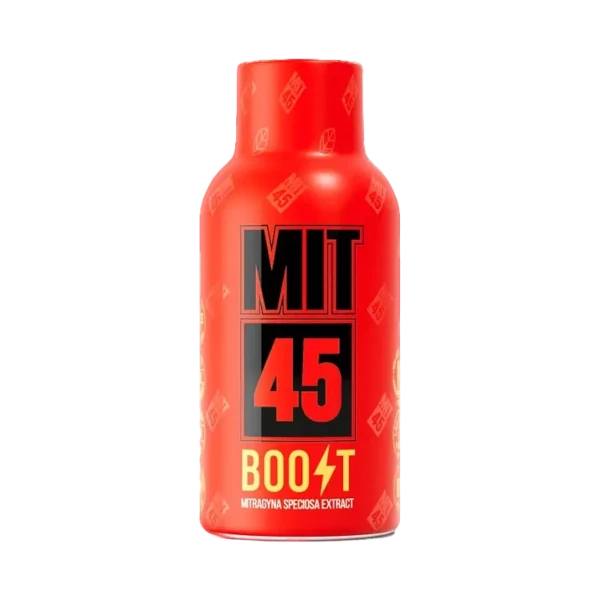The globe is rapidly evolving in the large field of cannabis. This is due to the discovery of novel compounds. However, the investigation of their unique effects makes it all the much more effort-worthy.
Regarding this, one of the most recent findings to make headlines is Delta 11. However, you must wonder what the difference is between the more well-known Delta-9 and the one that is newly-popularized Delta-10. To gain an understanding of what truly sets Delta 11, Delta 9, and Delta 10 apart from one another, we will talk about some of their fundamental distinctions in this post.
1. Origins and Chemical Structure
- The most famous and studied cannabinoid, the delta-nine tetrahydrocannabinol, is mainly responsible for the psychoactive properties of cannabis. It is the most abundant THC isomer, being naturally present in Cannabis plant species.
- It is only now that the less common isomer of THC, by the name of delta 10-THC, has been detected and isolated. Like Delta 9, it is again naturally occurring in cannabis but in very low concentrations, thus making its isolation very difficult.
- Compared to Delta 10 and Delta 9, Delta 11 is even poorly understood. It is more recent to the cannabinoid family additions, and though it has a structure that presents other THC isomers, slight variations in its chemical linkages could have different effects.
2. Psychoactive Effects:
- Delta 9 possesses strong psychoactive effects, which are at times colloquially referred to as getting “high.” Users generally report relaxation, exhilaration, and heightened sensitivity to sights and sounds. A number of users experience anxiety or paranoia from it, especially when taking larger quantities.
- Delta-10 is said, by some, to have a much weaker psychedelic effect than Delta 9. With positive and energizing reviews from its users, it would be more appropriate than Delta 9 for use during the day. It is towards being non-anxiogenic compared to Delta 9.
- Research on Delta 11 is in process, and the early evidence is that it most likely extends a very different psychedelic experience. Some users say the effect of Delta 11 is powerful yet controlled, possibly similar in euphoria to Delta 9 but with a different intensity or length. In connection with its incidence, however, the exact nature is yet to be known.
3. Possible Applications and Benefits
- Delta 9 is most studied concerning medicines. Their pain-relieving and controlling effects, stimulating hunger, and reducing anxiety have been so far shown. And, of course, much of this substance goes to leisurely use.
- Delta 10, on the other hand, is under research because it offers a clear-headed high with energy and does not make one anxious as has been in the case with Delta 9 sometimes. In other words, it could be an option for those who would want a less psychoactive experience. Research on Delta 11 has barely scratched the surface. Though the potential applications and advantages remain unknown, the uniqueness of the same is in itself a clue that it may offer evident advantages in new grounds.
4. Availability and Legality
- Even though Delta 9 is banned by the federal United States of America government, states that have legalized marijuana for medicinal or recreational purposes allow its use. State laws determine legality.
- The legal status of Delta 10 is murky. It’s considered legal under the 2018 Farm Bill in that legality tends to fall under state law and if derived from hemp containing less than 0.3% Delta 9 THC. The legal status of Delta 11 is even murkier. Not much regulation has been put on it in that it is among the new molecules around. Unlike Delta 10, it may eventually run into the same legal issues that all other THC isomers face.
5. Extraction and Production
- Delta 9 is the easiest to synthesize of all the THC isomers; as such, it is usually extracted directly from cannabis plants through any one of several methods.
- Delta 10 requires more sophisticated technologies in extraction since it is not naturally abundant.
- Delta 11, since it rarely occurs in natural cannabis, probably will also go down the same line as Delta 10 and either require a complex extraction method or, rather, be chemically converted from other cannabinoids. Usually, the making of Delta 10 involves processes that convert other cannabinoids into Delta 11.
To Conclude
Each has different characteristics that might make them differently attractive to different classes of cannabis consumers. Whereas Delta 9 is still the most famous and commonly used, Delta 10 and Delta 11 are just starting to prove themselves as viable alternatives with each having their set of advantages. With continued research into each of these cannabinoids, we will most likely continue to hear more about their potential applications in both medicine and recreation. As with any cannabis, make sure you consider your personal tolerance and any applicable local laws before trying Delta 11, Delta 10, or Delta 9. Stay informed and ensure that the products come from trusted vendors to ensure quality and safety.



